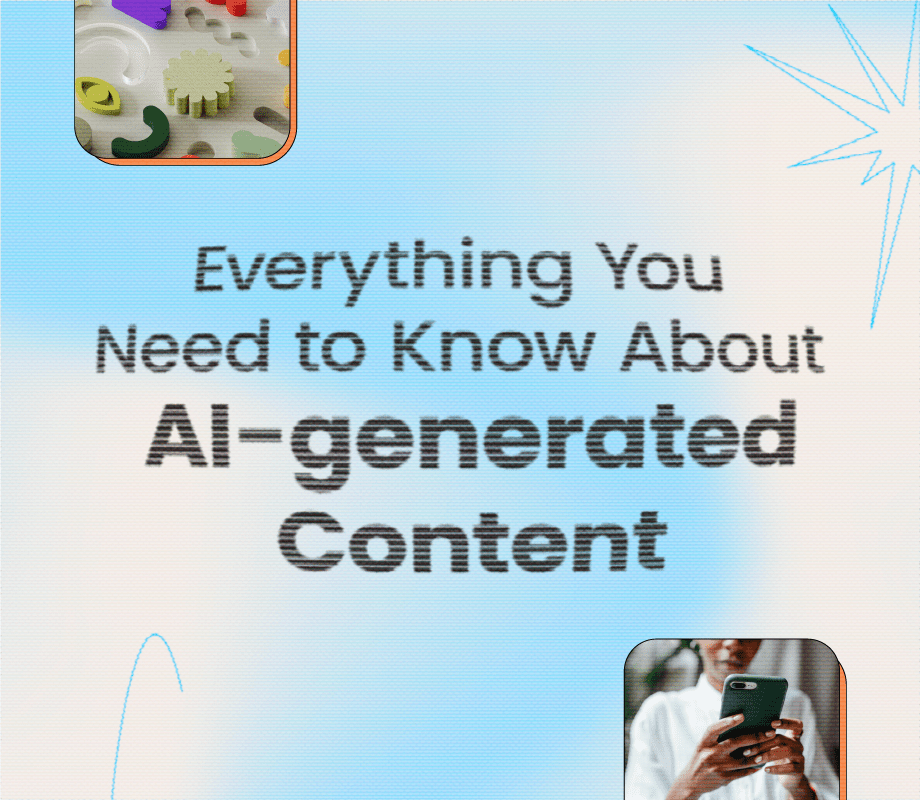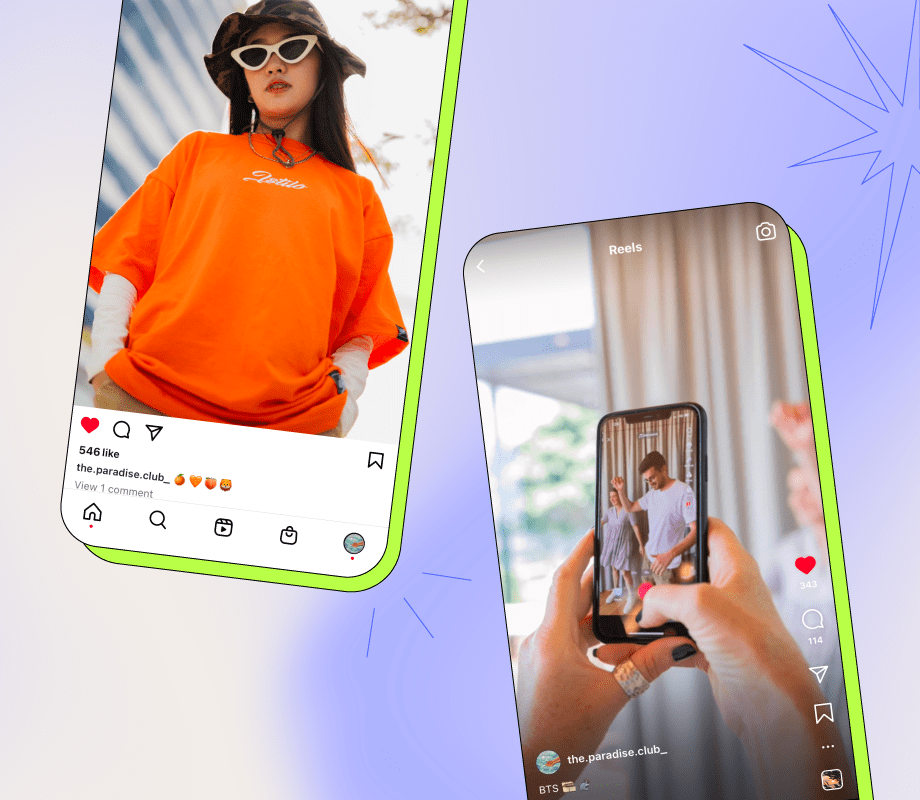It's official: AI content creation is having its moment in the spotlight.
And while AI-generated tools aren’t completely new, the growing popularity of ChatGPT by OpenAI and Jasper AI have opened up an entirely new conversation.
Some have welcomed these tools with open arms, while others question whether it'll replace their jobs:
Our stance? It won't. But it will change content creation as we know it.
We're breaking it all down — including a new Later feature. 👀
Table of Contents
What is AI Content Creation?
In a nutshell, AI content creation means using tools powered by artificial intelligence to generate content.
AI chatbots like ChatGPT use a language-based model, meaning it'll respond to the text you input and then generate outputs based on the data it gathers.
With it, you can create anything from long-form blog content to social media captions to recipes:
1 of 2:
— Alberto Savoia (@Pretotyping) December 4, 2022
Yesterday afternoon, I posted a pasta recipe suggested by ChatGPT. I gave it some ingredients I had available and it created a "Zucchini Bacon Pasta" recipe.
In the pic is the recipe it suggested, which is very close to what I would come up with: pic.twitter.com/EHcqqN0fNJ
But AI-generated content also goes beyond writing.
There has been a rise in apps that create artwork, AI-inspired filters on social media platforms, and photo editing tools too.
And while AI can’t replace originality, we’ll likely be seeing a lot more of it in the coming years.
FYI: With our free weekly newsletter, you can stay up-to-date on the latest social media trends, news, and Later product updates. Sign up today:




